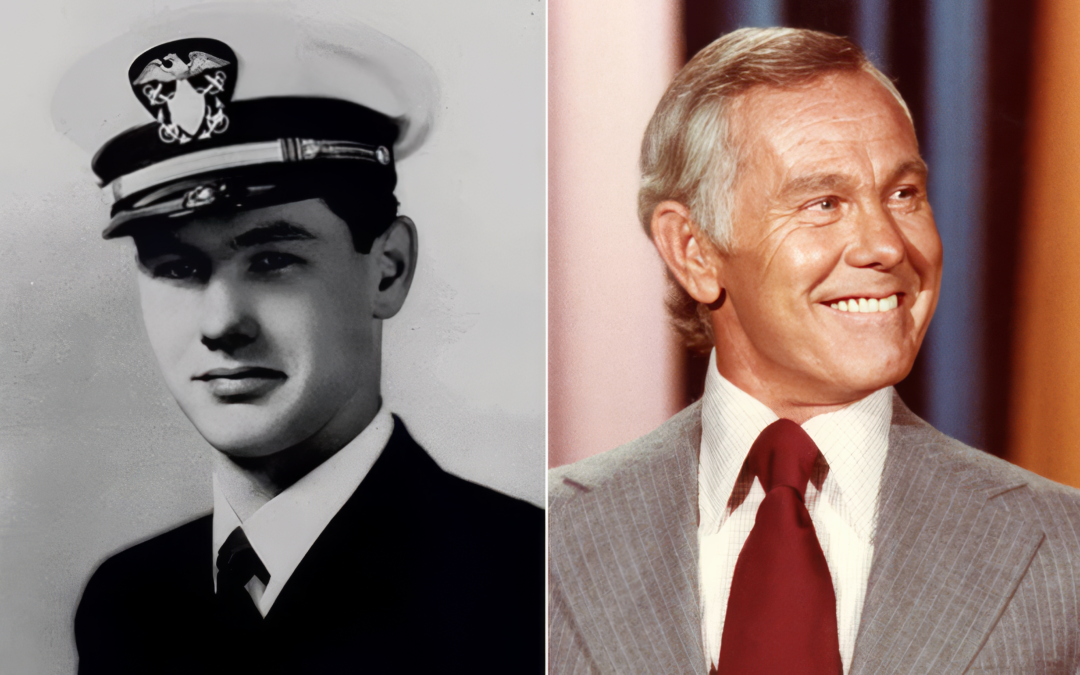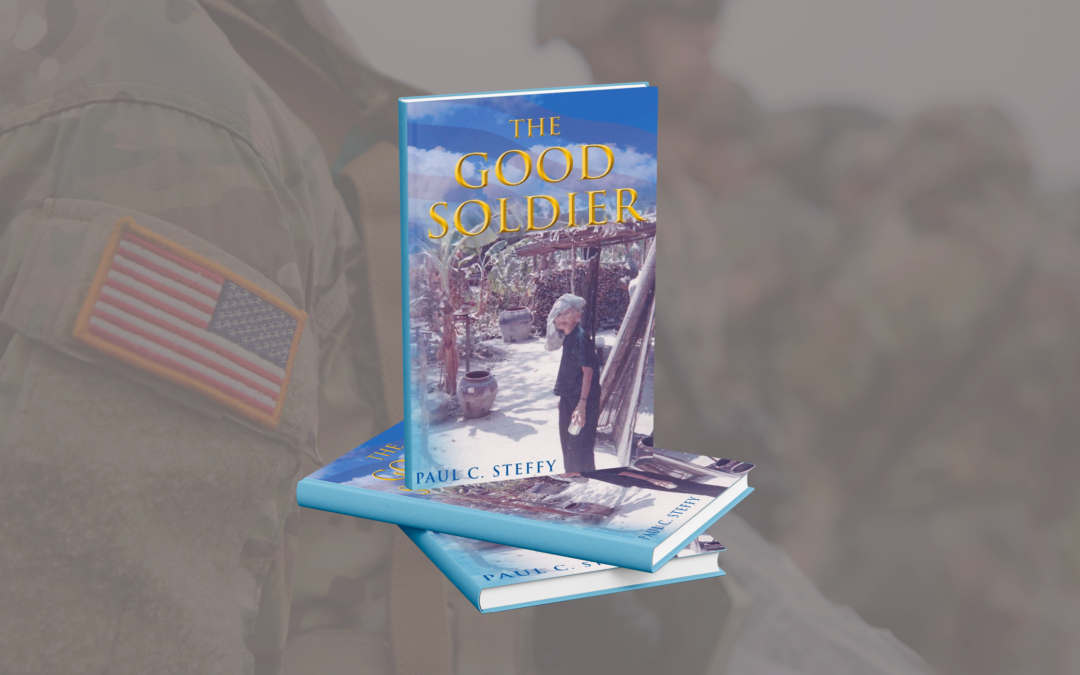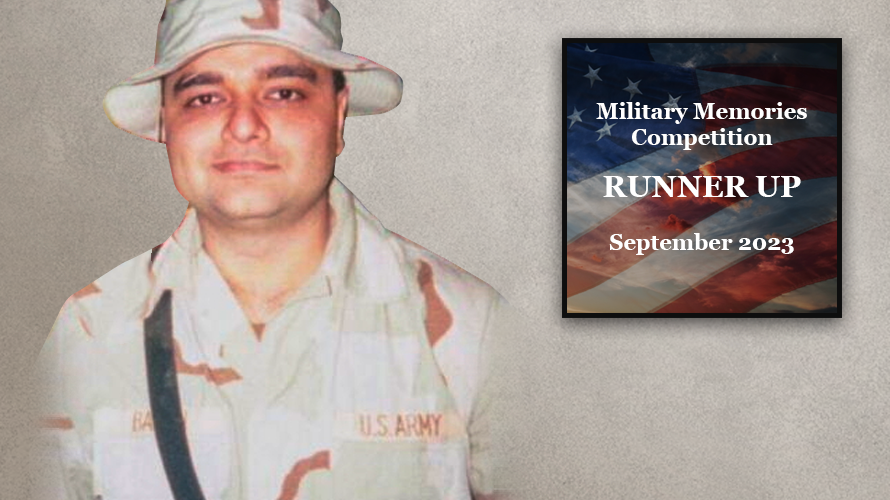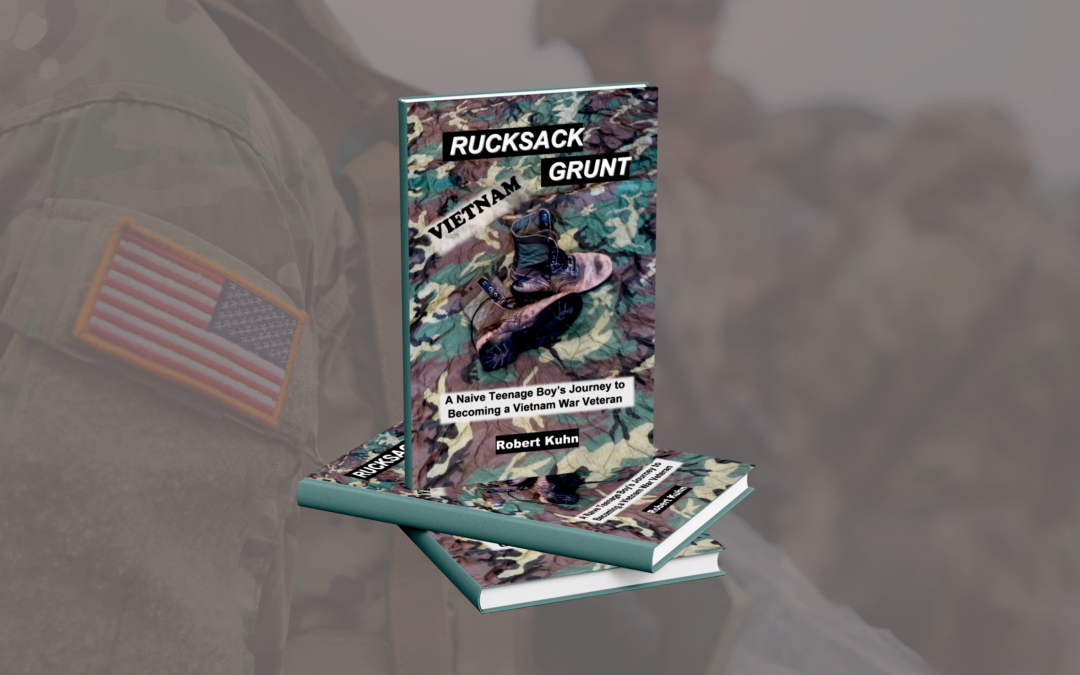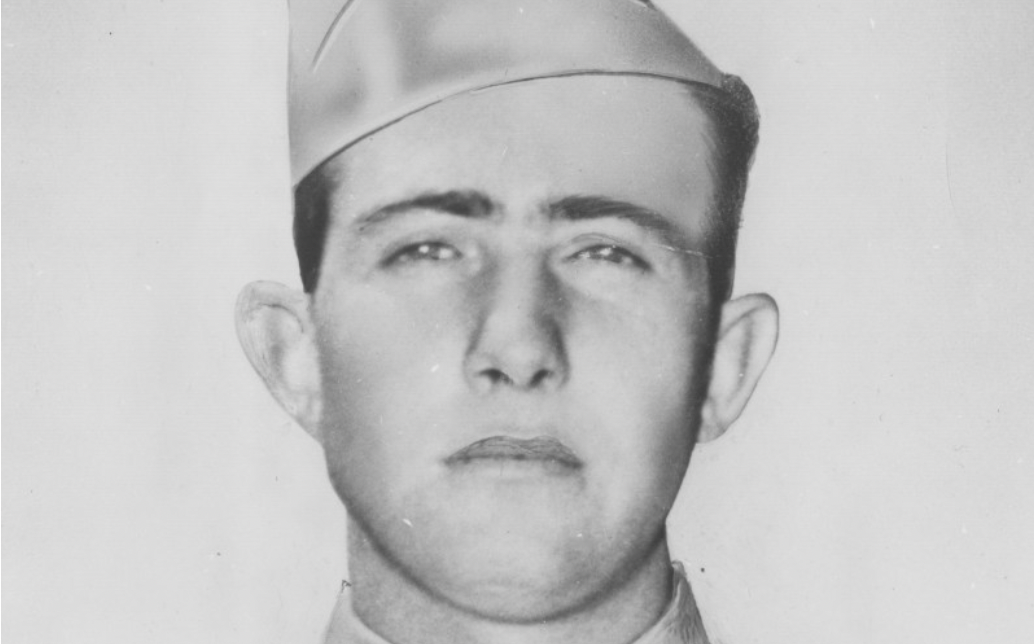Before achieving fame as the renowned host of late-night television, Johnny Carson was a young man who dutifully responded to his country's call. His early years were defined by his service in the US Navy from 1943 to 1945. This period of his life served as the cornerstone for his exceptional Hollywood career, where he emerged as the unmatched presenter of "The Tonight Show Starring Johnny Carson." Through his military service, Carson not only made a lasting impact on the silver screen but also within the hearts of his fellow servicemen. Johnny Carson’s Early Years Born on October 23, 1925, in Corning, Iowa, Johnny Carson spent his formative years in the heart of the Midwest. Carson's family relocated to Norfolk, Nebraska, where he enrolled in Norfolk High School. During his academic years, he showcased his comedic prowess by participating in school plays and honing his magic skills. At the age of 12, during a visit to a friend's house in Nebraska, he stumbled upon a magic book that...
